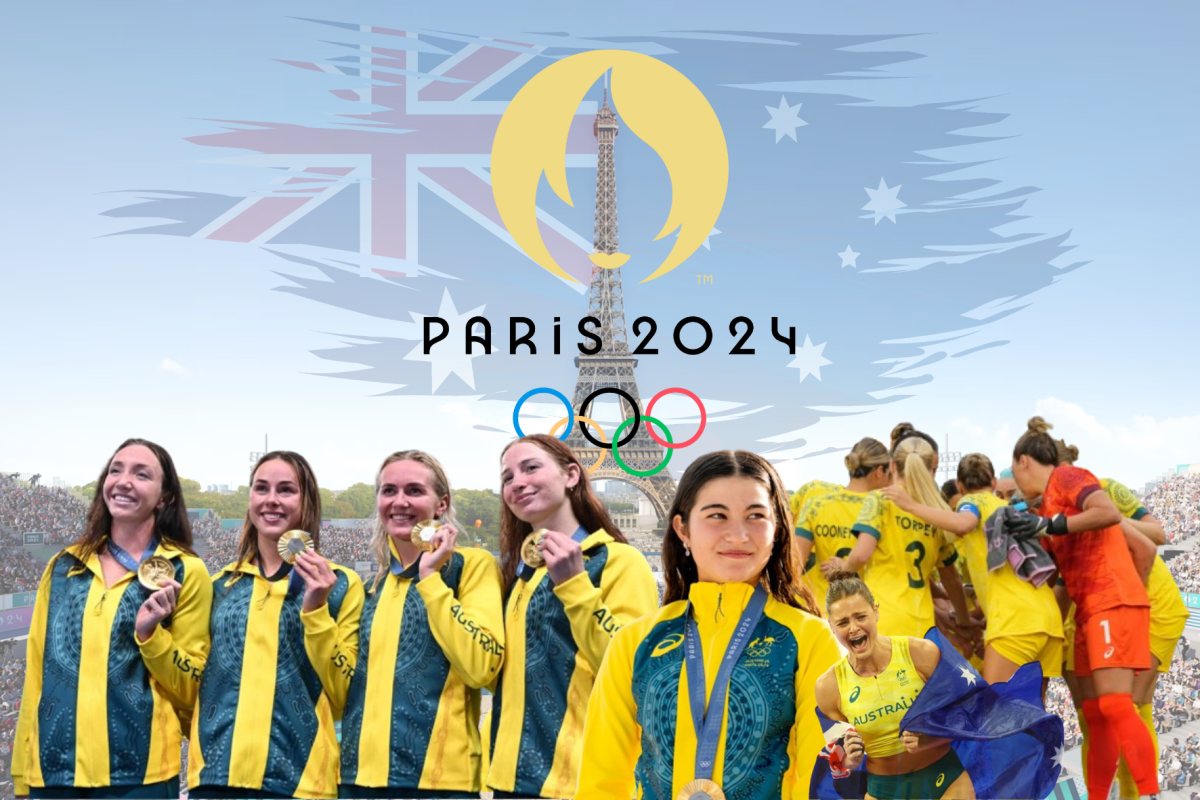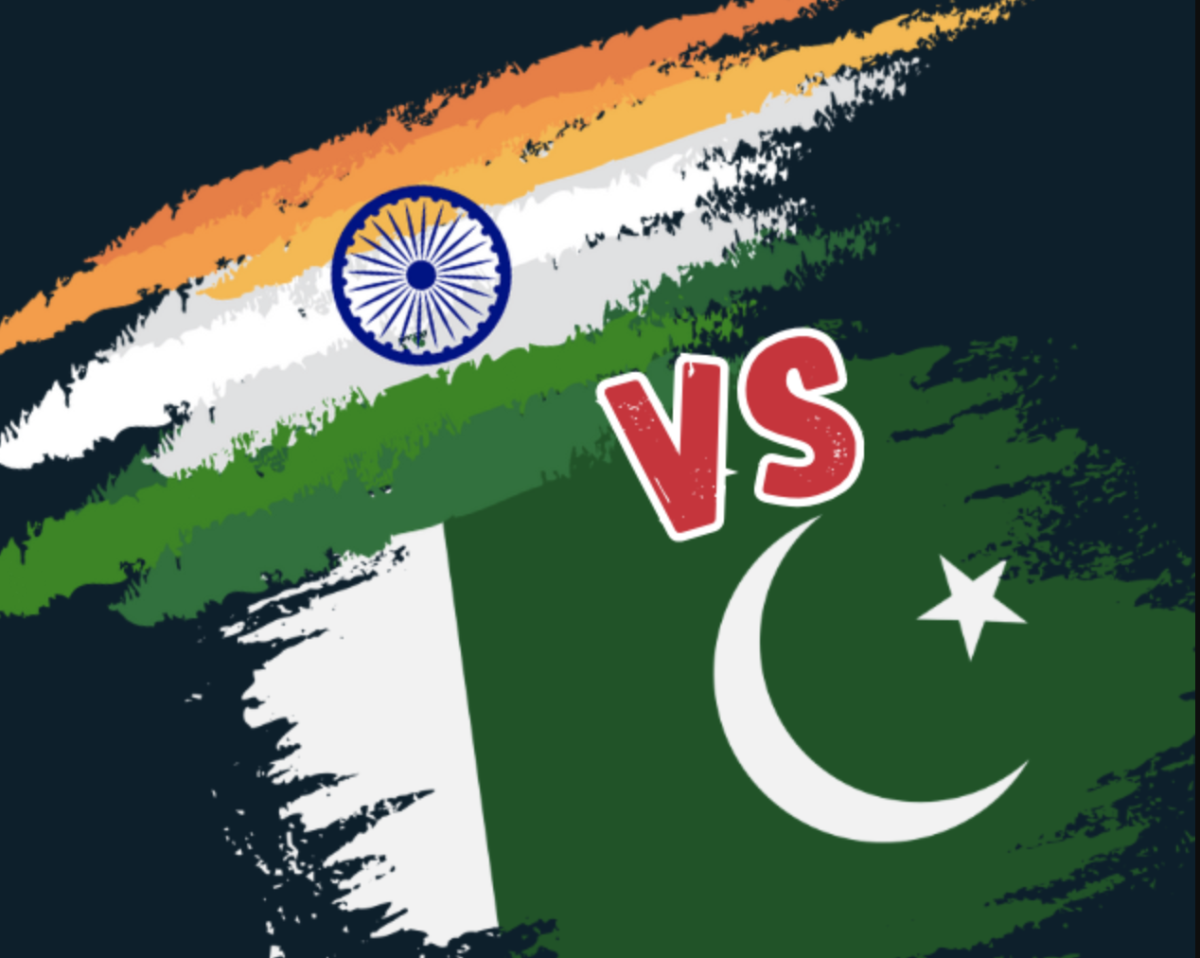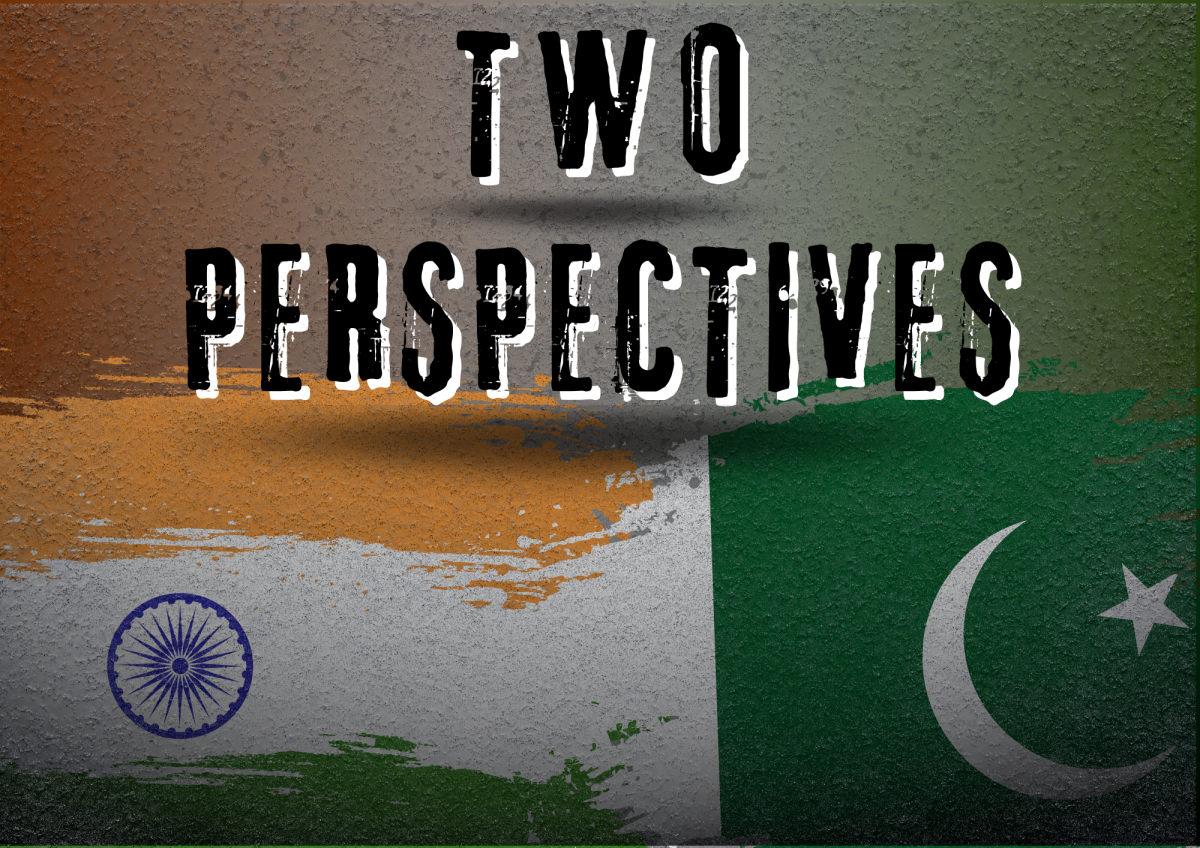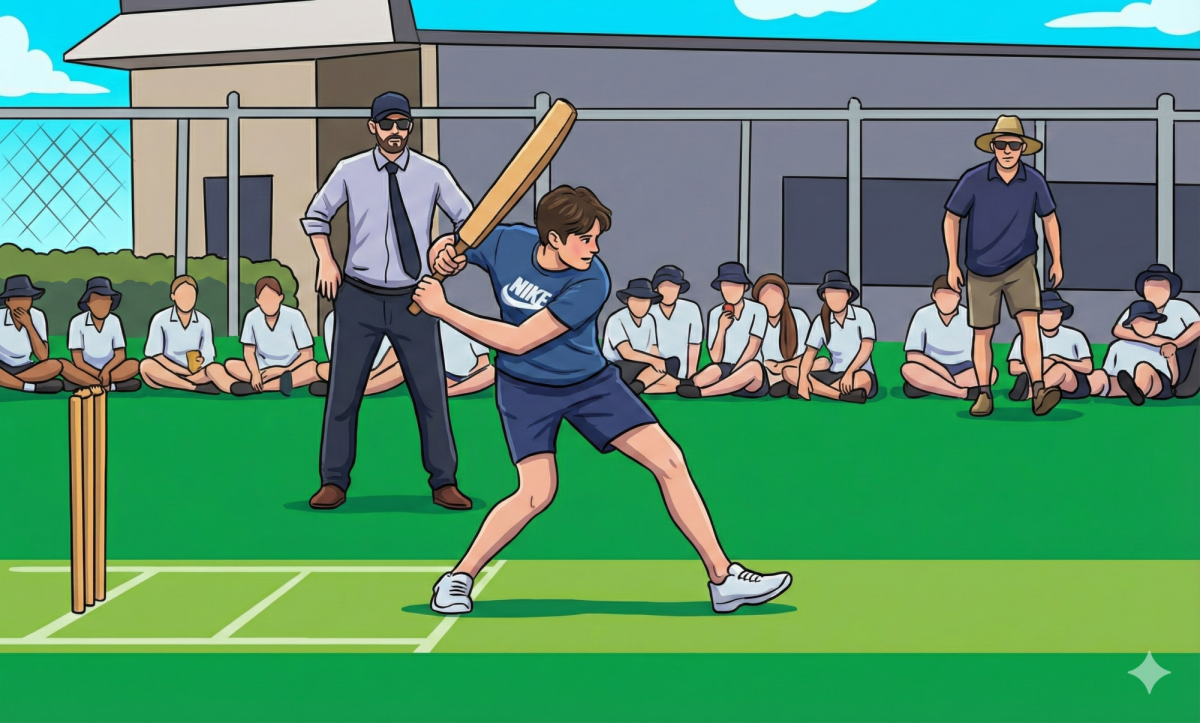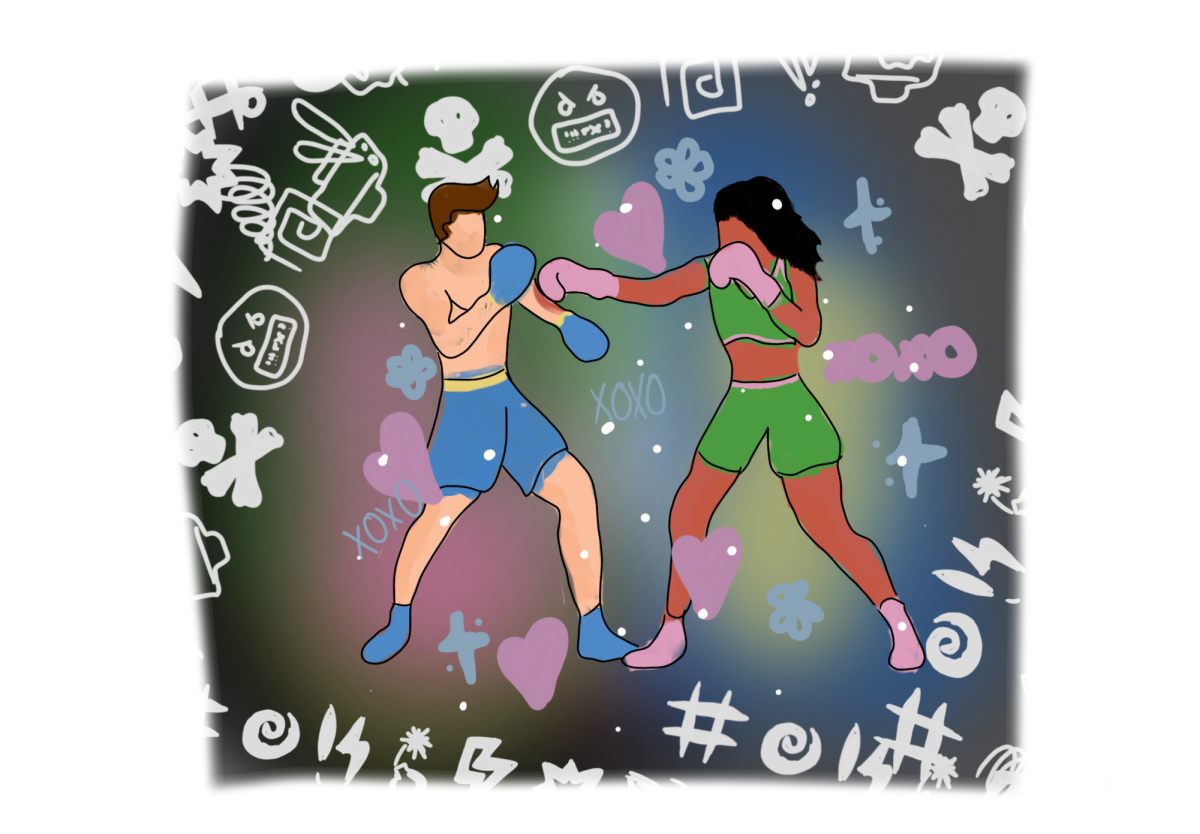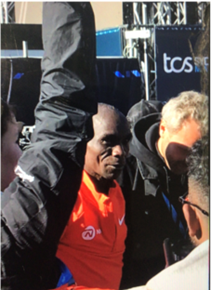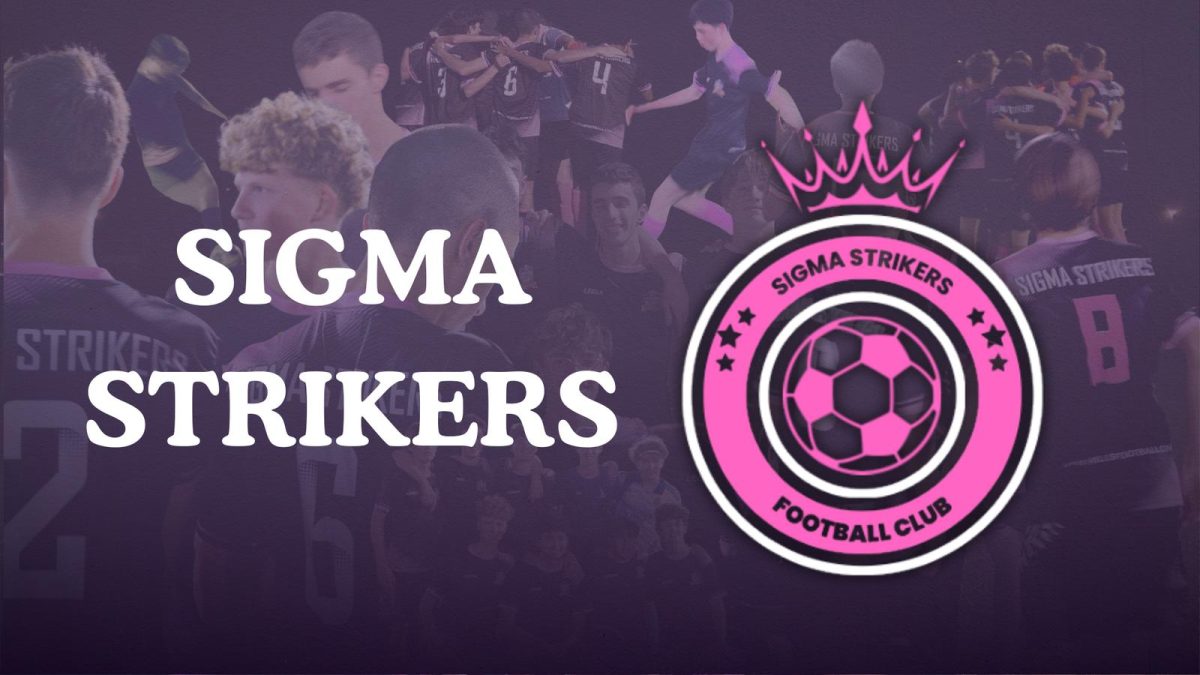Aussie, Aussie, Aussie, Oi, Oi, Oi!
Australia has experienced their best Olympics yet with 18 gold medals, sitting in third place overall behind China and America, with Australian women being responsible for 13 of those gold medals. The Australian women have come out and made their mark in Olympic history, from Ariarne Titmus dominating in the pool to Arisa Trew becoming the youngest Australian Olympic medallist at the age of 14. Their stories are an inspiration to all girls and women out there wanting to achieve their dreams.
Australia women have faced significant challenges in their Olympic journey, yet they have emerged as champions in their field. This remarkable success began with Sarah ‘fanny’ Durack and Wilhelmina Wylie, these two pioneers became Australia’s first female Olympians in swimming at the 1912 Stockholm games, a time where female participation was limited and often discouraged. Durack went on to win gold in the 100-freestyle prompting a revolution, allowing Australian women to excel in various sports over the years. Since then, Australian Women have continued to make their mark, Emma Mckeon for instance has become the most decorated Australian Olympian with 11 medals, 3 from this year’s games. This journey has not been without struggle, as of 2012, 39 Olympic events were not open to women, highlighting the ongoing gender inequality women face in sports. The stories of female athletes continue to inspire us, like Cathy Freeman whose historical victory in the 400m at the Sydney 2000 Olympics marked not only an athletic triumph but also a powerful statement on cultural and racial reconciliation. As well as athletes such as Jana Pitman, a world champion hurdler who throughout her career faced public scrutiny and injury setbacks yet she persevered to become not only an accomplished athlete but a doctor. These stories underscore the resilience and determination of Australian women overcoming historical and ongoing challenges in the Olympic Arena.
Another key figure in Australia’s female sporting dominance is Ariarne Titmus. Titmus is a two-time Olympic champion, breaking world records and absolutely dominating in the pool at the Paris Olympics. She was born in Launceston, in Tasmania, Australia and moved to Queensland at a young age to chase after better swimming opportunities. But the move was hard on Ariarne and her family, her parents left their jobs and sold their 16-acre property on the Tamar River to afford the move. Her parents wanted to see Arnie achieve her dreams, but she did feel immense pressure to succeed because of her parents’ greatest sacrifice. She was very unhappy for the 6 months that she lived in Queensland, but swimming kept her grounded. Her love and passion for the sport fuelled motivation to work extremely hard and become the first woman in a decade to win the distance treble at the national titles. She went on to win world championships, winning gold at the commonwealth games and went on to beat Katie Ledecky in the 2020 Tokyo Olympics. Arnie had shown the world that she was one of the best middle-distance swimmers in the world but humbly so. This year at the Olympics trials, Titmus broke another world record, and at the Paris Olympics she took home 2 gold medals and 2 silver medals. Ariarne continues to be one of the best female swimmers in the world and continues to be loved by Aussies.
Recently, Arisa Trew has made a massive name for herself, becoming Australia’s youngest ever Olympic gold medallist. At just 14 years old, Arisa Trew delivered a stellar performance in the women’s skateboarding final, scoring 93.18 on her third and final run. This historical achievement came after she fell on her first run then remerged with a daring, “all or nothing” approach. Her final run included impressive tricks such as back-to-back 540s and a stylish kickflip, securing her victory over both Japan and Great Britain. Trew’s passion for skateboarding began when she found the waters too cold for surfing on the Gold Coast, prompting her to explore the skate parks instead. This passion is now an embodiment of spirit of Australian women who continue to break barriers and inspire future generations. As she stands on the Olympic podium, Trew represents the resilience and excellence of Australian women in sport, inspiring several young athletes to pursue their dreams regardless of their age, race or challenges they face.
This 2024 Paris Olympics has set a new standard for gender equality, with Australian women representing a significant 55% of their team, the highest proportion ever. The game achieved a historic 50-50 ratio of male and female athletes, reflecting a major shift from past games where women faced significant barriers to compete. Australian women have not only excelled in competition but also have seen increased visibility through balanced event scheduling and improved media coverage. Despite this progress, challenges do remain including persisting disparities in sponsorship, pay and representation in coaching. Additionally, the ongoing debate over the inclusion of transgender athletes stirs discussions about fairness and acceptance in sports.
Today, women have risen through generational challenges in sport by reaching gender equality and historical achievements in the Olympics. Athletes like Ariarne, Arisa and many more have proven to all the girls and women out there, that with talent and hard work, they can achieve all their dreams in their respective fields. We can’t wait to see Australian women continue to triumph in the future Olympics.






